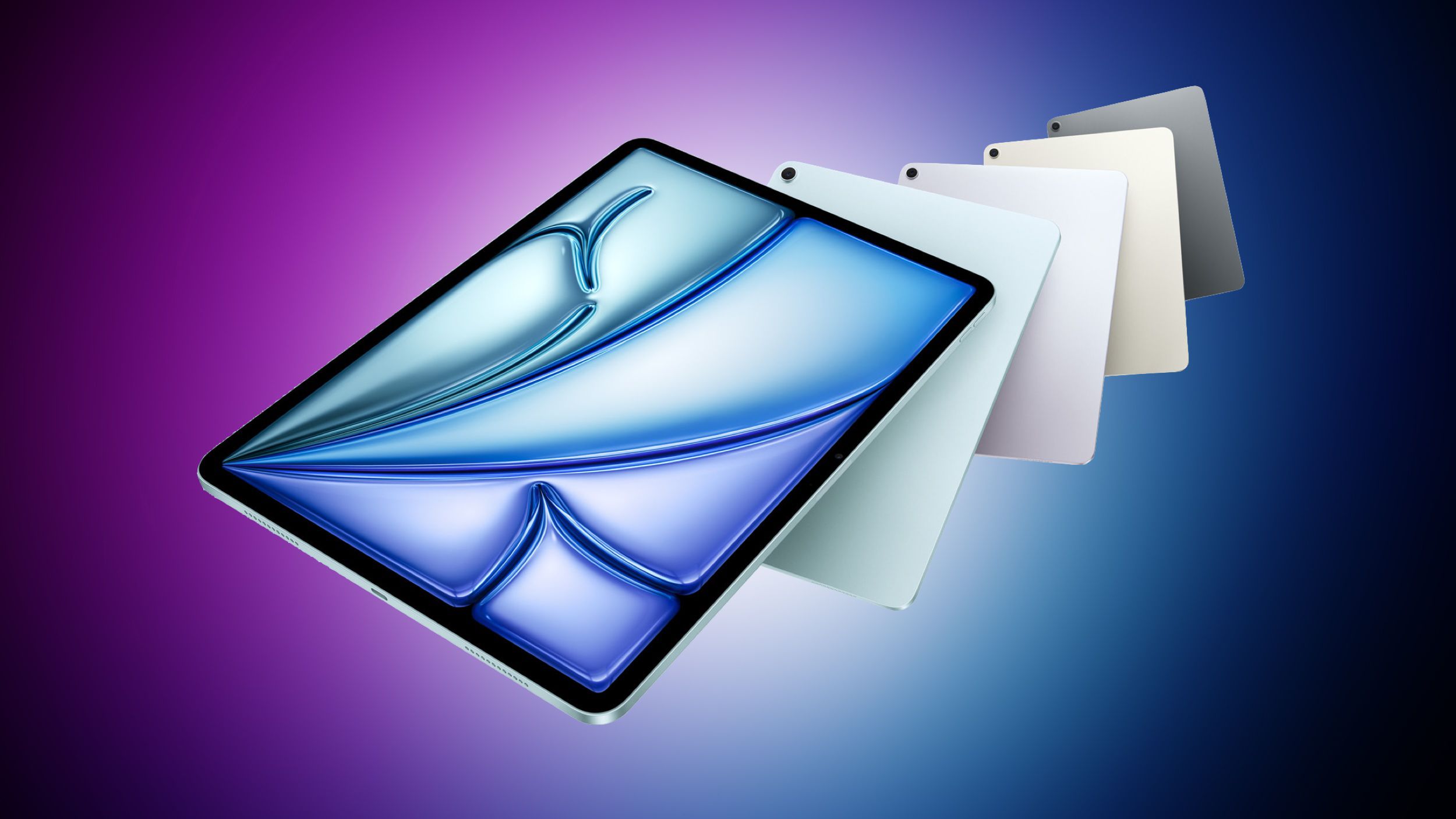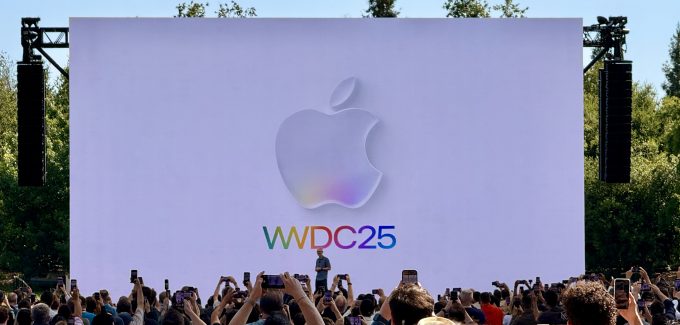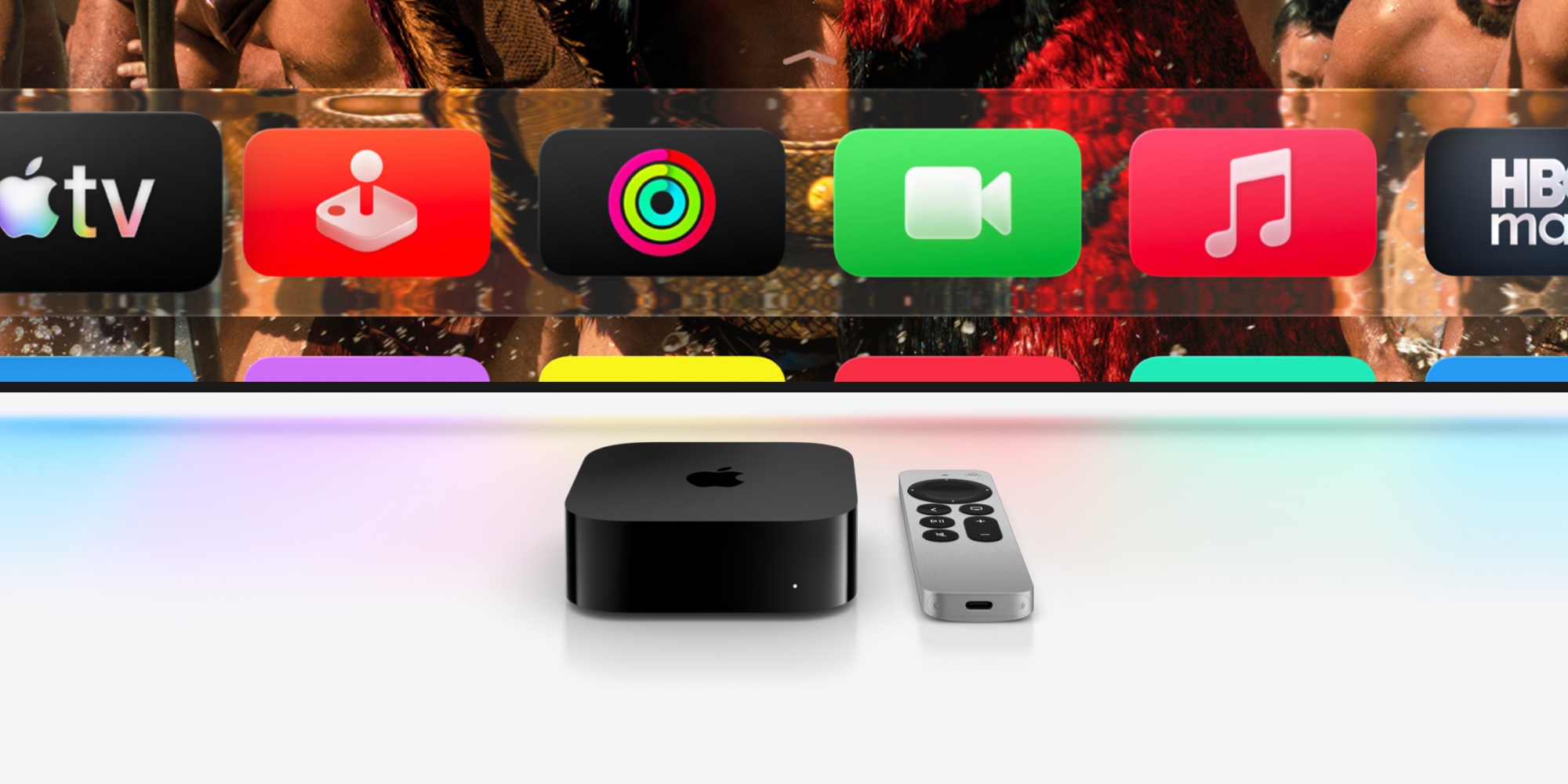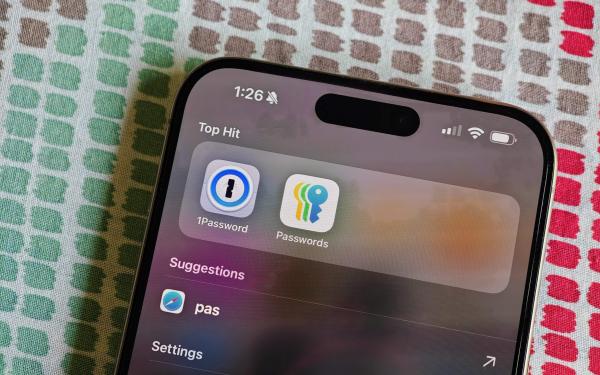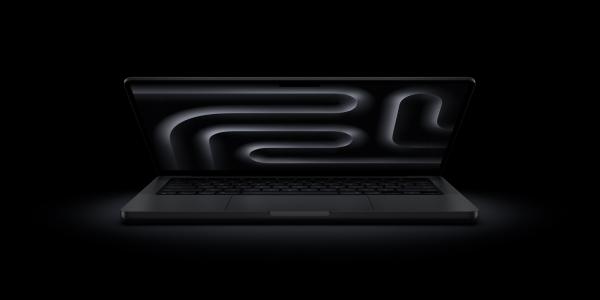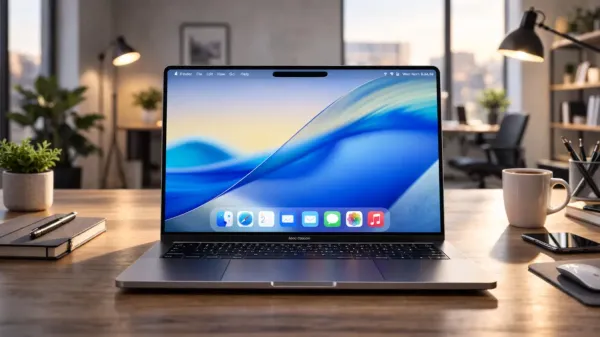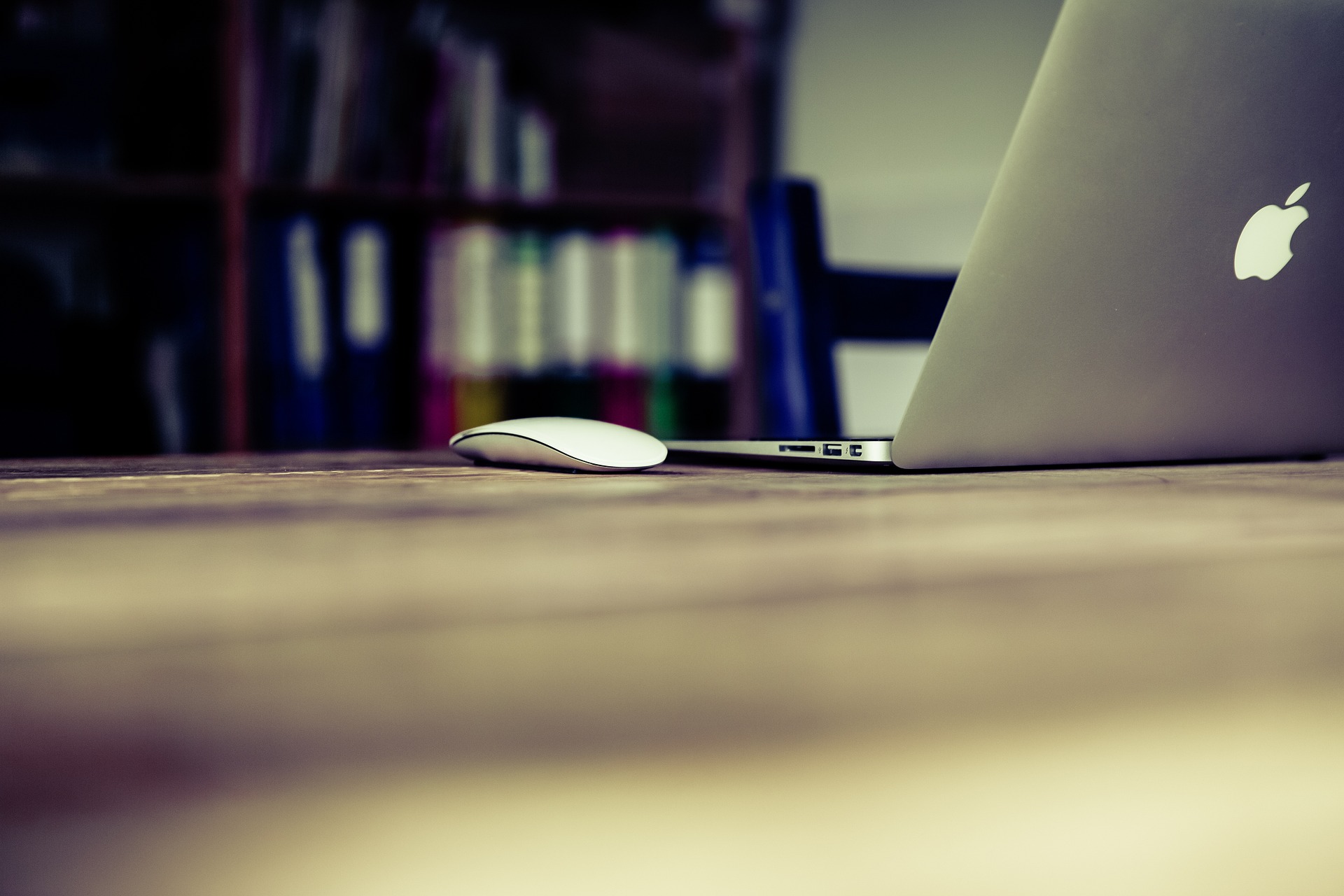
Over the years, Apple has worked to construct a reputation based on security and respect for people's sensitive data, in contrast to other companies such as Facebook which have been embroiled in scandal. Some of its slogans include phrases like "Privacy. That's iPhone" and have told its customers that "what happens on your iPhone stays on your iPhone".
However, while Apple may seek to assure its users that their personal information is well-protected, experts have been saying that this is not quite the case.
Over the last couple of years, various headlines have emerged regarding this thorny issue, describing the tech giant as "tiptoeing around its privacy policy" and claiming that its privacy mythology fails to match the reality.
In fact, the company has even been accused of posing "privacy threats", due to its new content moderation tools which allow Apple to scan iMessage texts and uploads to the iCloud for materials that depict suspected child abuse. While this kind of in-depth scanning could help catch genuine criminals, there are fears that, if the artificial intelligence makes a mistake, people could end up being wrongly accused and potentially attacked or even killed as a result.
Troubling double standards
In addition, while various experts have asserted that the company is superior to its peers in terms of data privacy, they also indicate that it could "do more to protect user data from landing in the hands of police and other authorities."
According to its most recent transparency report, Apple has cooperated with approximately 90% of law enforcement requests for access to its users' data – a staggeringly high amount; higher than the percentages of both Google and Facebook.
Some privacy advocacy groups such as Fix It Already are so concerned about Apple's privacy loopholes that they have been urging the tech company to implement more safeguards such as encryption on the Cloud. Currently, if you back up your data to Apple's iCloud, both you and Apple can access it, which "makes those backups vulnerable to government requests, third-party hacking, and disclosure by Apple employees."
Keeping your personal information private
If you are keen to protect your sensitive data and regain control over who has access to it on the Internet, there are a number of steps you can take.
These include setting strong passwords on all of your accounts, to prevent them from being hacked. You should also steer clear of any suspicious emails, deleting them rather than reading them, which could infect your device with a virus.
In addition to the aforementioned, it is highly recommended to take the following measures:
- Install antivirus software on all of your devices, including your smartphone and your tablet.
- Make sure your devices are never left unattended in public places.
- Avoid the use of public WiFi, which could be easily breached by hackers; if you must use it, avoid checking any of your personal accounts.
- Keep your social media privacy settings high and be careful what you share with others.
- Take advantage of automated services specialized in data removal. Such services can opt you out of information brokers' databases, which are entities that trade your data and increase your risk of spam, shadow profiles, and cyberattacks.


